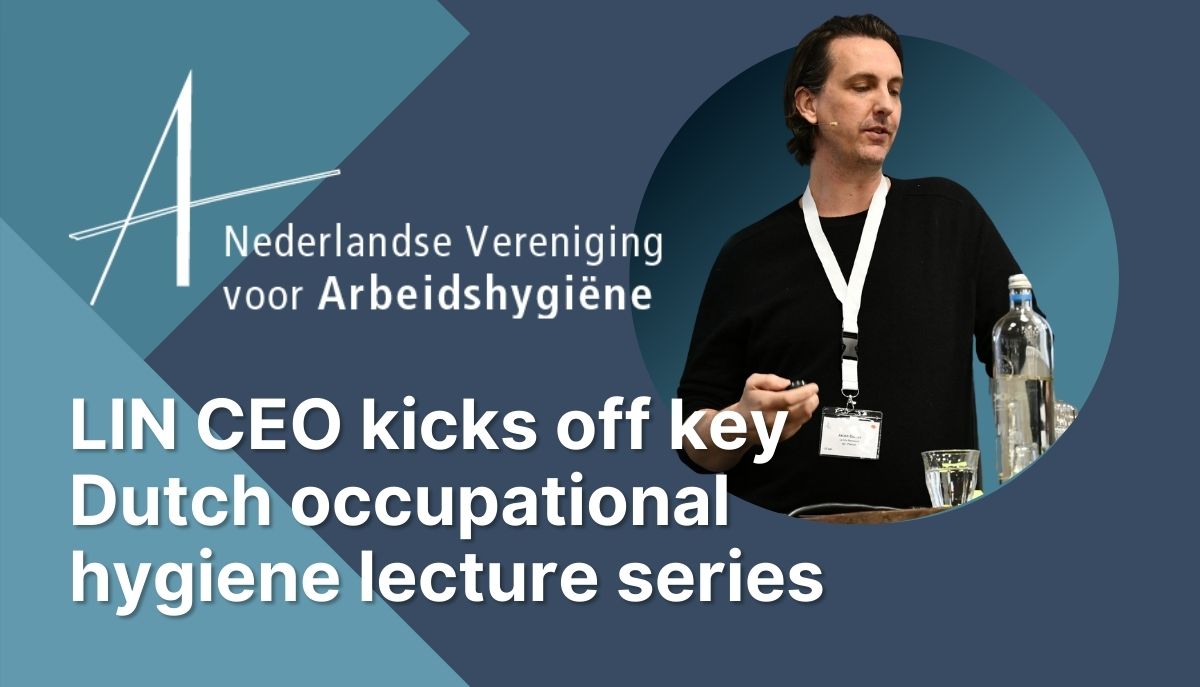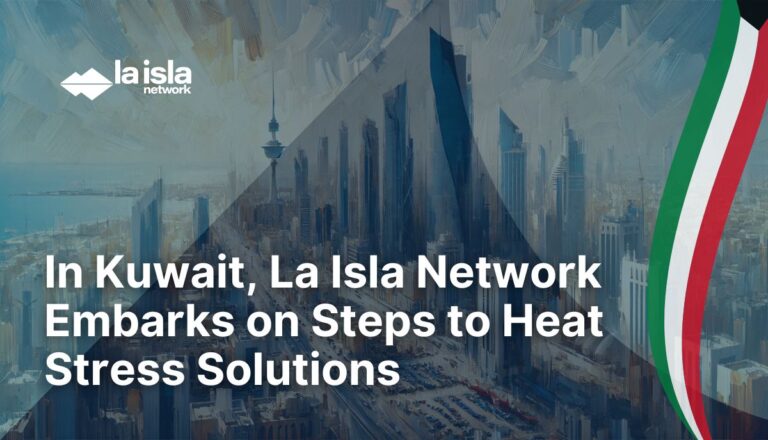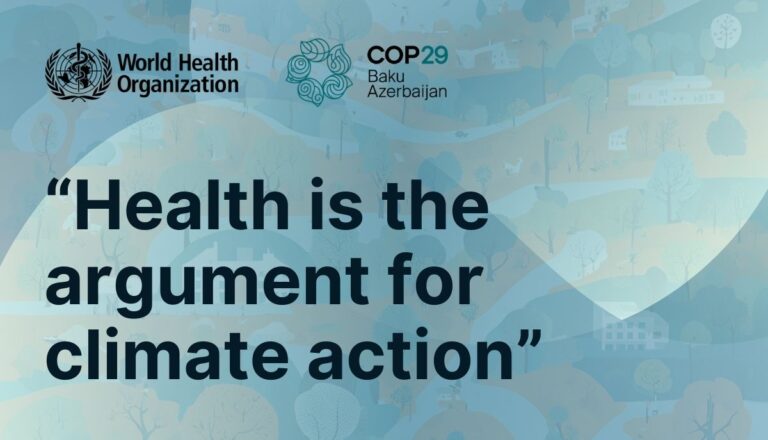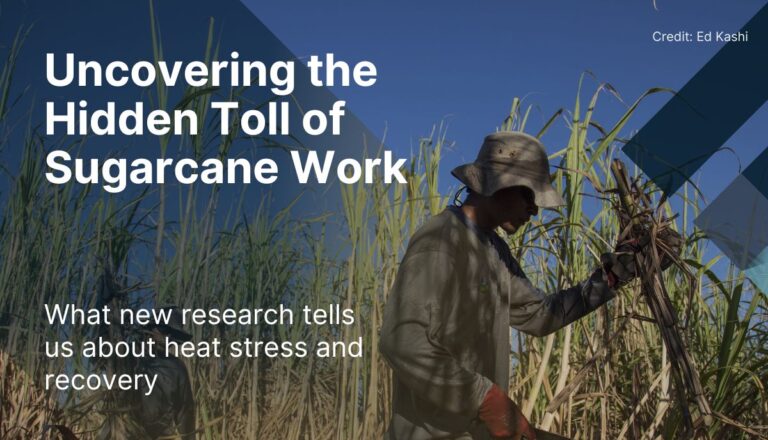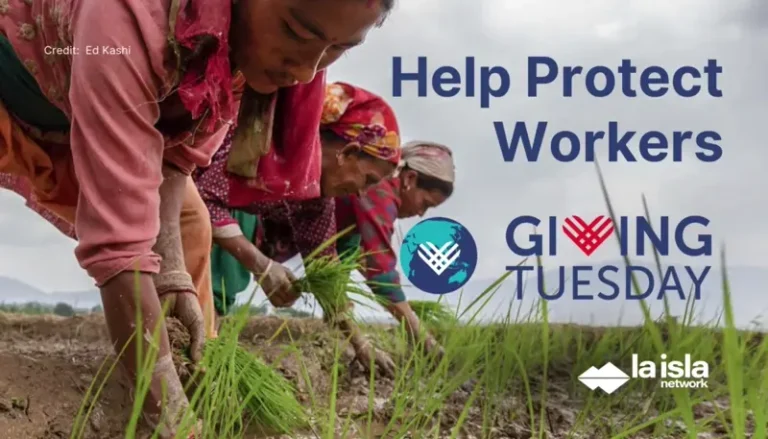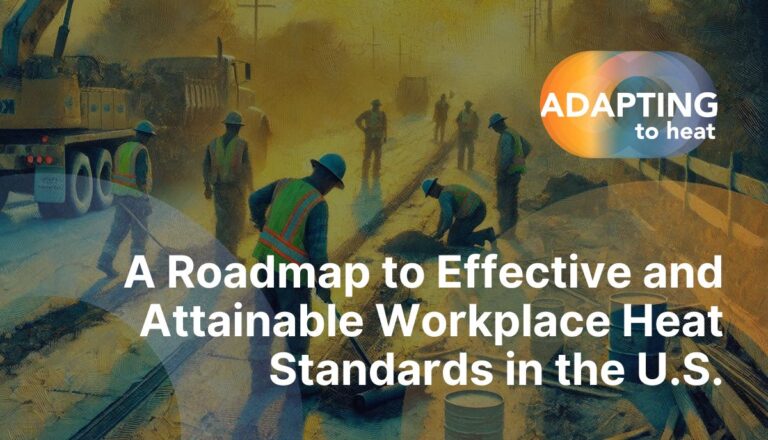La Isla Network CEO Jason Glaser initiated on April 10 a landmark occupational hygiene lecture series at the 32nd symposium of the Dutch Occupational Hygiene Association (NVvA).
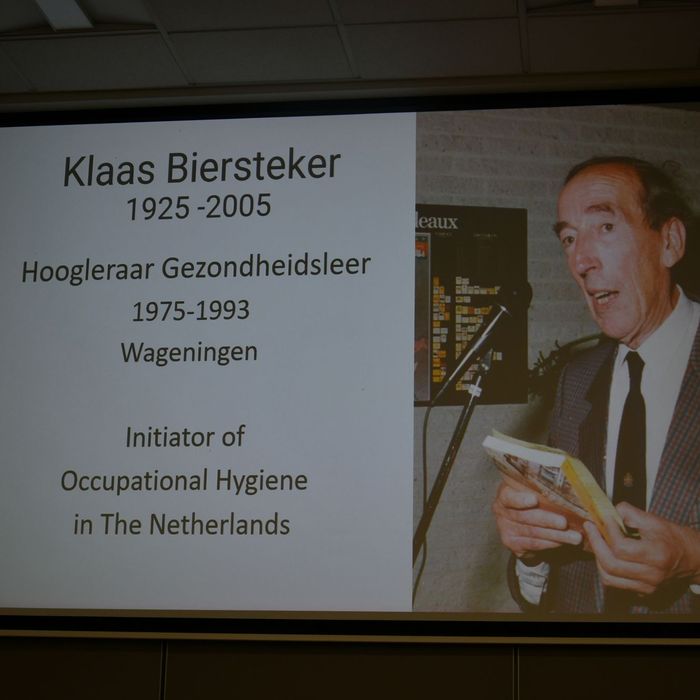
The series is named in honor of the late Dr. Klaas Biersteker, who started occupational hygiene in the Netherlands. Glaser’s lecture covered the work of La Isla Network in protecting workers from heat stress and other heat-related illness, injury and death.
Glaser’s presentation of LIN’s work impressed the audience by showing the promise of data-driven interventions in the workplace. Often, showing the effectiveness of occupational interventions can be a challenge. Data can solve this problem by creating concrete baselines and tracking change over time. This makes impact a measurable change, creating win-win situations for all involved, stressed Glaser.
286 people were in attendance at his presentation, approximately half of NVvA’s total membership. Attendance reached a record high, and the audience found LIN’s intervention work with Ingenio San Antonio particularly impactful, said Dr. Hans Kromhout. He is a researcher and professor at the Utrecht University Institute of Risk Assessment Sciences, and a member of the NVvA.
Kromhout proposed the Biersteker lecture series to the NVvA symposium, having seen similar series among other professional societies. He also suggested Glaser be the inaugural speaker.
Kromhout said, “I have a lot of contacts around the world, so when I was thinking about somebody who could actually make a very good and enormous impression, I was thinking about Jason.
“I said that would be good because it’s a topic that must have been really related to what Klaas Biersteker was doing in the tropics. Biersteker dealing with heat stress and the workers there is similar to the work Jason had been working on in the sugar cane plantations in Central America.”
Dr. Biersteker began his career in public health and occupational hygiene as a medic in Dutch New Guinea. At that point the country was still a colony of the Netherlands and not yet a part of Indonesia. Indonesia declared independence in 1945, and Dutch New Guinea became part of Indonesia in 1963.
In 1962 Dr. Biersteker returned to the Netherlands and became head of the public health service of Rotterdam. He initiated studies on air pollution. In the late ‘70s, he became chair of the Department of Public Health at Wageningen University. In that position he proposed addressing occupational safety and health as a public health matter.
In the 1990s Dr. Biersteker and colleagues of Wageningen University trained between 200 to 300 industrial hygienists, creating the profession’s first cohort in the Netherlands.
Today, hygienists will have to contend with the advance of climate change and the increase of heat waves. These are making occupational heat stress a growing area of concern in the Netherlands and Europe broadly.
Also, changes in the political and business climate will make addressing heat stress an urgent concern. A new proposed European Parliament Directive will require companies to adopt corporate due diligence tracking and reporting in all of their operations. Companies based in the Netherlands but sourcing products worldwide will have to address heat stress as part of their reporting.
Thank you for reading. La Isla Network is a research and advising organization protecting workers in a changing climate. We generate and implement data-driven worker protection and management assessment protocols. Our goal is to improve the resiliency of workforces and businesses to heat stress, and other climate-driven risks. For more information please contact in**@la***********.org.

